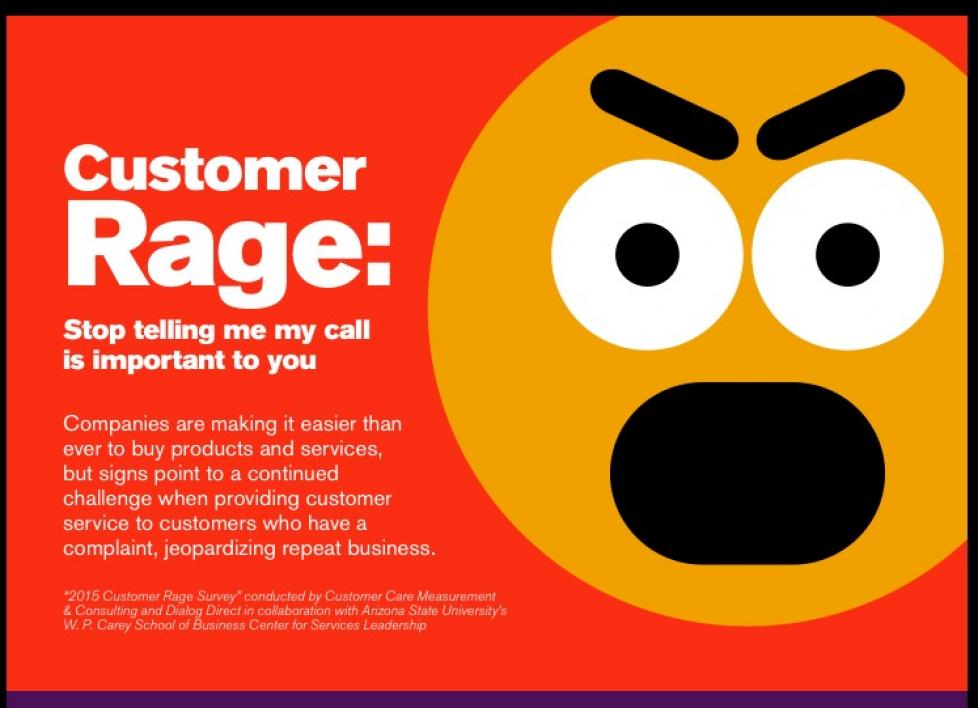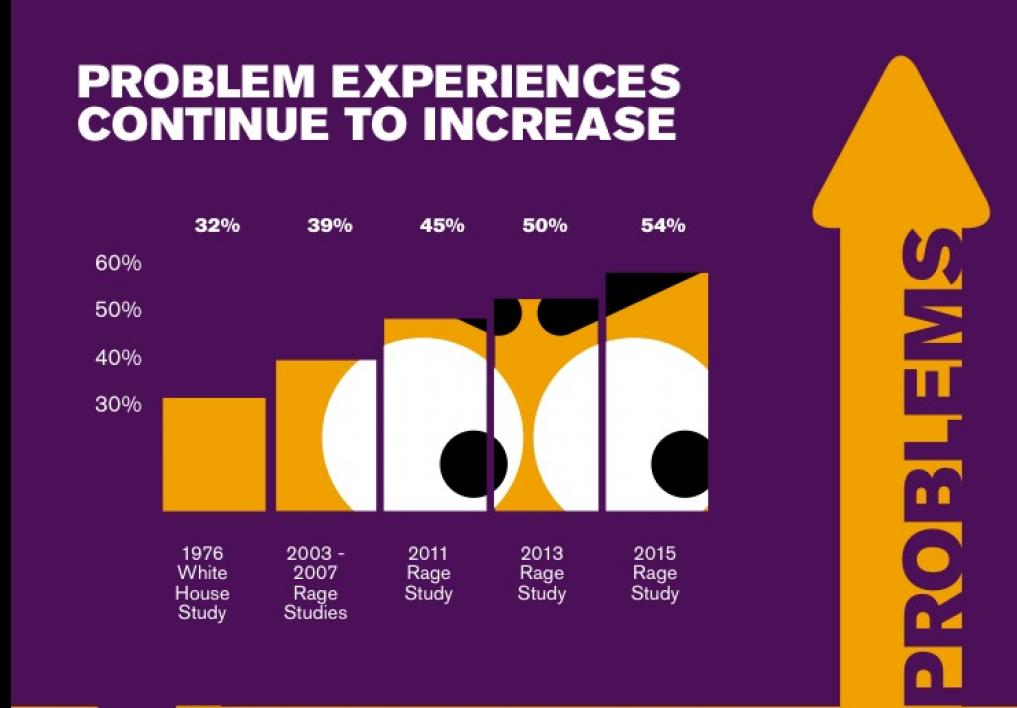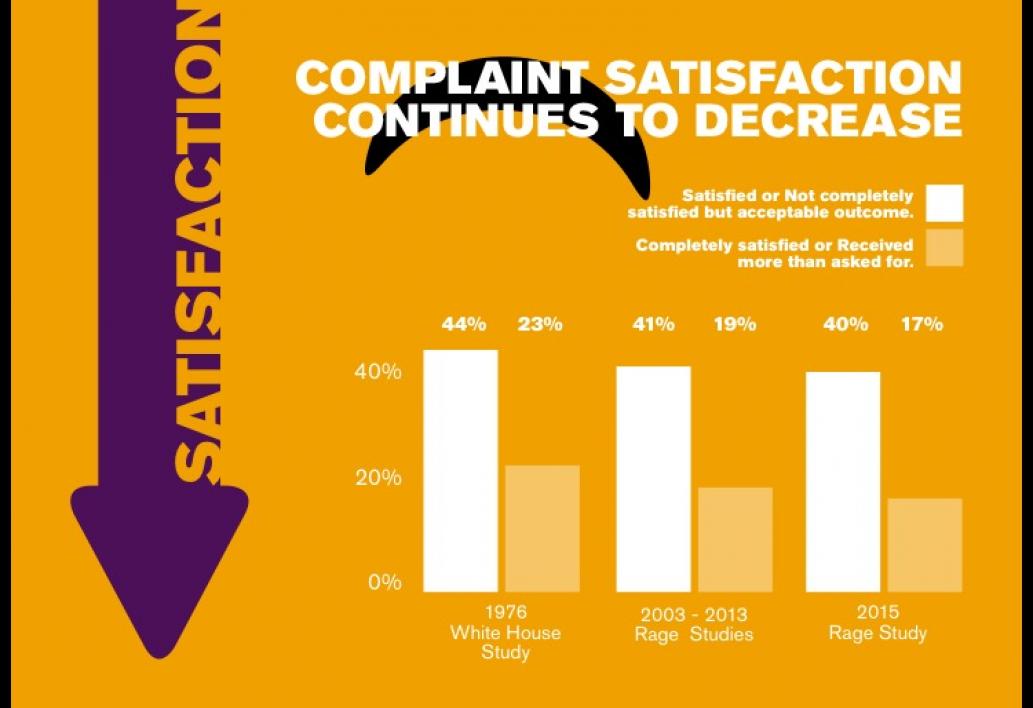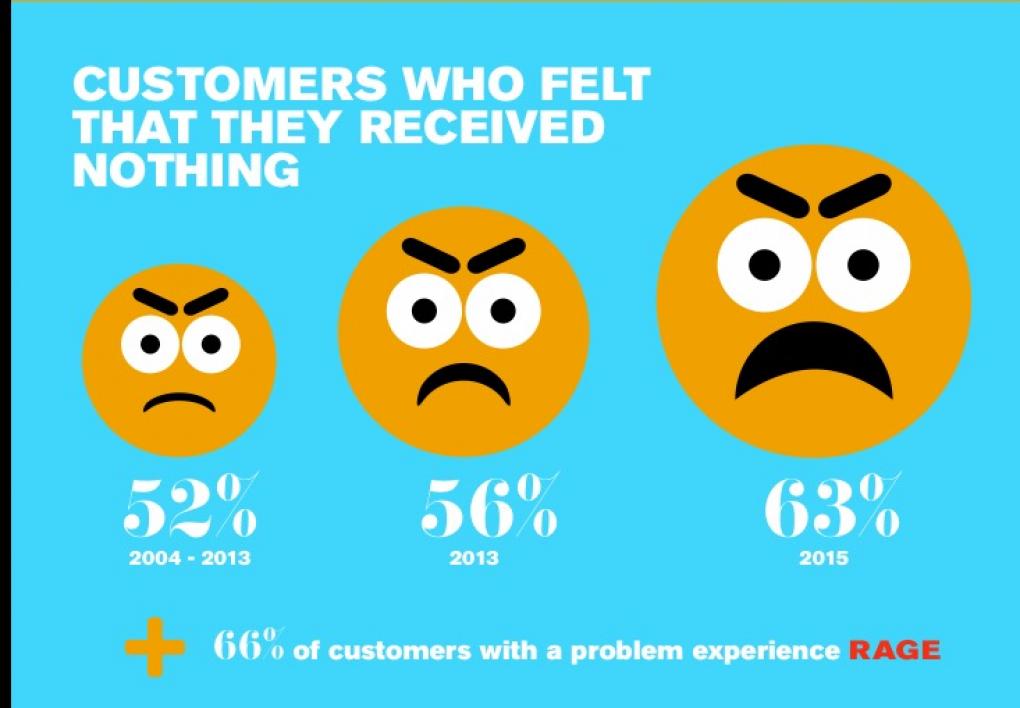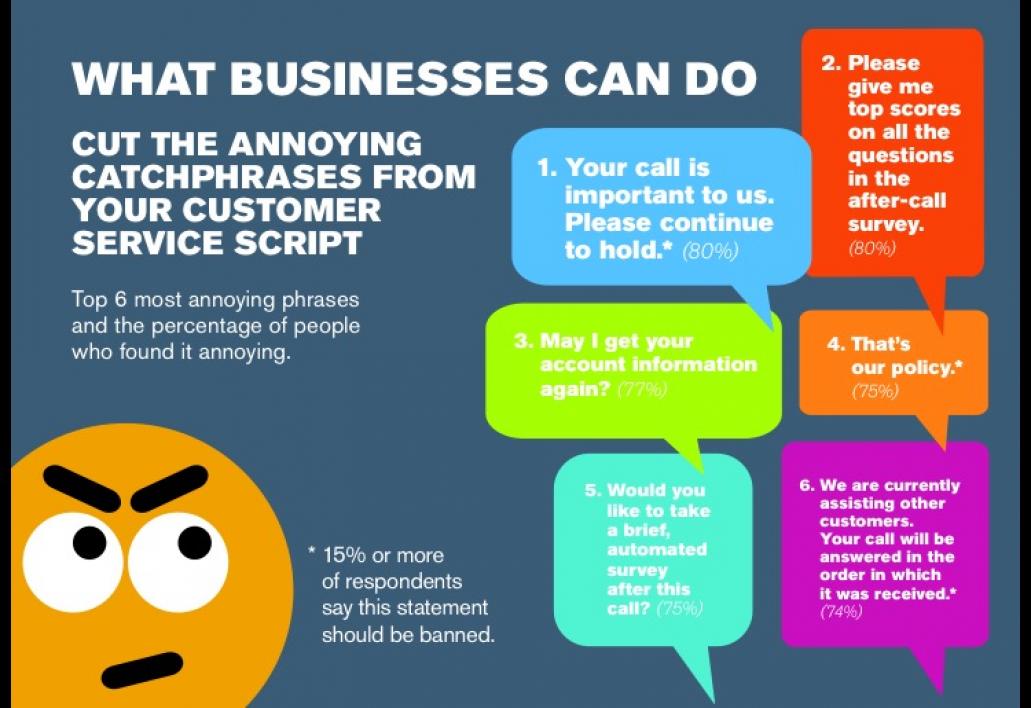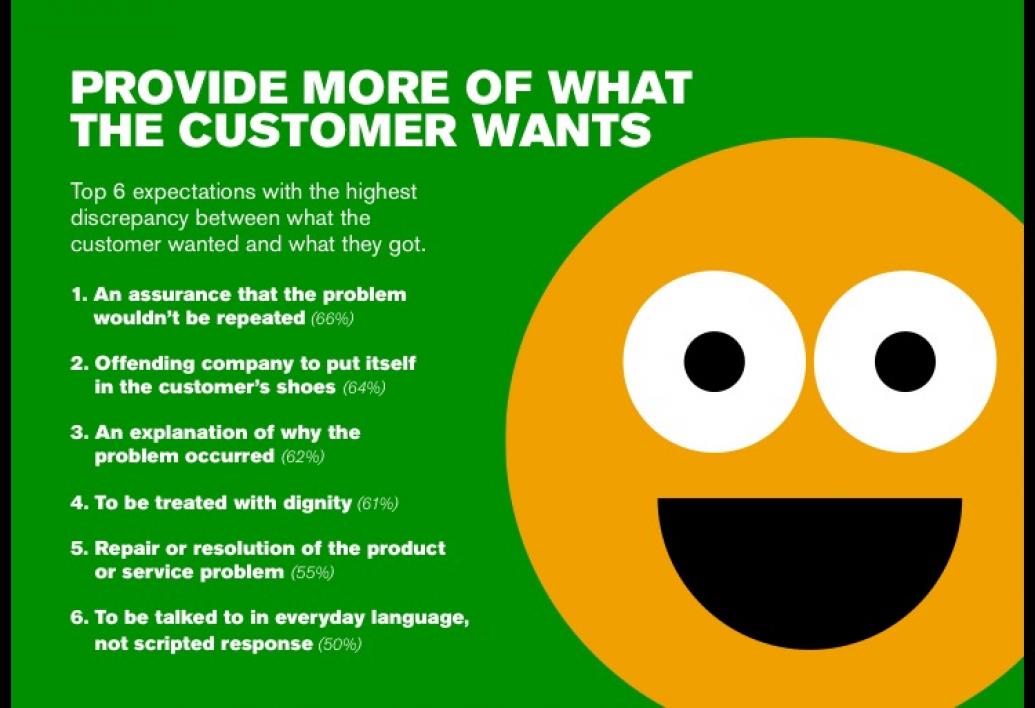Your cable cuts out in the fourth quarter of the football game.
You can’t access the voice mails on your cell phone.
The “check engine” light goes on in your car a week after you had it in for service.
Are you angry yet?
If so, you're not alone.
More customers are reporting problems with goods or services and two-thirds of them have escalated to feeling “consumer rage,” according to a new study released by Arizona State University.
The 2015 Consumer Rage Survey results illustrate not only the increasing level of consumer discontent, but also the specific services that incur their wrath — and the customer-service phrases that enrage them (“Your call is important to us …”).
“The loss of time and the aggravation have been steadily coming to the fore in terms of what’s difficult for people,” said Mary Jo Bitner Mary Jo Bitner hold the Edward M. Carson Chair in Service Marketing and also is a professor of marketing., executive director of the W. P. Carey School of Business Center for Services LeadershipThe Center for Services Leadership is a research center in the W. P. Carey School of Business that combines scientific research with business best practices., which released the study.
Mary Jo Bitner hold the Edward M. Carson Chair in Service Marketing and also is a professor of marketing., executive director of the W. P. Carey School of Business Center for Services LeadershipThe Center for Services Leadership is a research center in the W. P. Carey School of Business that combines scientific research with business best practices., which released the study.
“For companies, I don’t know why they don’t get that.”
The survey was conducted by Customer Care Measurement and Consulting and Dialog DirectCCMC is a Virginia-based company that performs customer-satisfaction surveys and Dialog Direct is a Michigan-based marketing and call center provider. in collaboration with the Center for Services Leadership. It's the seventhThe survey was conducted in August 2015 via telephone calls to a representative sample of 1,000 respondents. one since the White House started doing the survey in 1976.
The results show that even though businesses spend billions of dollars dealing with problems, such as establishing 800 numbers for customer concerns, they still aren’t getting it right.
That rage is costing businesses. The survey extrapolated the results and estimated that more than $202 billion of revenue is at risk when companies lose business because of dissatisfaction.
Among the survey’s top findings:
• Cable and satellite TV is the service that had the most problems among respondents – at 23 percent, up from 17 percent in the 2013 survey. That was followed by telephone service, both land line and cell, at 18 percent; automobiles, 11 percent; computer service (such as Internet providers), 6 percent; and retailers, 6 percent.
• Fifty-four percent of customers reported having problems – 4 percentage points more than the last survey, two years ago, and 22 percentage points more than the first survey, in 1976.
• Of the two-thirds who reported feeling consumer rage, 35 percent said that they yelled and 15 percent admitted to cursing.
• Sixty-three percent of respondents felt they got nothing as a result of complaining – an increase of 7 percentage points from two years ago. Three-quarters of complainants wanted an apology but only 28 percent got one.
• Time lost was the most common damage reported as a result of consumer problems. Sixty percent of respondents lost time compared with 43 percent who lost money.
• 63 percent called an 800 number while 48 percent went to a local office or store. Twenty-one percent didn’t complain.
Bitner said the results on cable TV, telephones and cars aren’t surprising because those are complicated services and products that often require more than a quick fix.
“They’re really important to us and we don’t have that sophisticated understanding, ourselves. And it can take the companies awhile to figure out and fix the problems,” she said.
The message of this survey to merchants is that it takes more than money to resolve these issues. Thirty-seven percent of complainants who got a monetary remedy — repairs or service fixed, money back, a free product in the future or compensation for damages — were satisfied.
But when consumers got both a monetary and non-monetary remedy, 73 percent were happy. Non-monetary remedies include receiving an apology, being treated with dignity, having an agent who didn’t use a scripted response, being assured that the problem would not be repeated, getting an explanation or a thank you for patronage and being allowed to vent.
“The thing you can take away is that companies could be doing some really important things to solve the customer-service problems — and some of them don’t cost very much money,” Bitner said.
“Companies have the right intentions and they put the right words behind things but oftentimes the execution is not necessarily done well, such as bouncing people around, making customers repeat themselves to another person and another person,” she said.
Bitner said that one example of a company doing it right is Zappos, the Las Vegas-based online clothing and shoe retailer. With more than 90 percent of its customer interactions occurring online, the company sees a complaint as an opportunity to prove itself, she said.
“They don’t have limits on the time that a person can spend on the phone with a customer,” she said. “That’s an issue because often companies have incentives for people to get off the phone as fast as they can.
“Zappos tells (employees) to own the problem, own the issue and to solve it.”
Bitner said that Zappos, which removes artificial barriers to customer satisfaction like time limits and quotas, is an extreme example.
“But we don’t want the survey to paint with a big broad brush that companies aren’t doing anything good.”
The survey noted the increase of complaining on social media, with 30 percent of respondents saying they posted their irritations to an online site, compared with 19 percent two years ago.
Bitner said that she's seeing more companies monitoring social media websites.
"When they hear or see a complaint, smart companies are doing something about that before it turns into a bigger thing.
"Companies have to go above and beyond."
More Business and entrepreneurship

Thunderbird at ASU, W. P. Carey School team up on concurrent master's degrees
Students are now able to take advantage of two world-class schools at Arizona State University, at the same time. The Thunderbird School of Global Management and W. P. Carey School of Business…
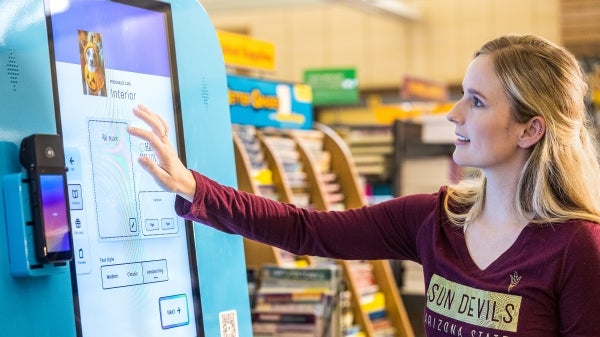
ASU alum's personalized greeting card kiosk debuts on Tempe campus
Everyone knows how disheartening it is to dash into a store to grab a last-minute holiday card and find the selection picked over and in disarray.An Arizona State University alumna has created a…
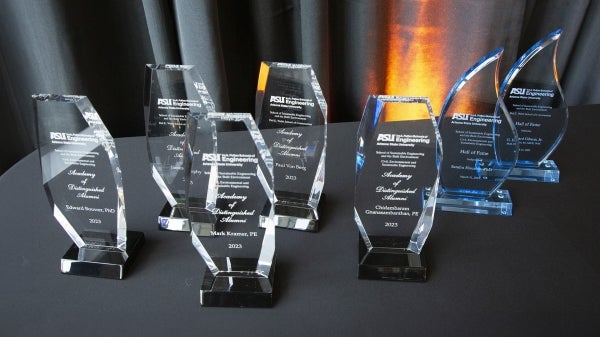
Celebrating industry giants and distinguished alumni
Four outstanding alumni and two industry leaders will be honored at the School of Sustainable Engineering and the Built Environment’s Hall of Fame and Academy of Distinguished Alumni event, scheduled…

